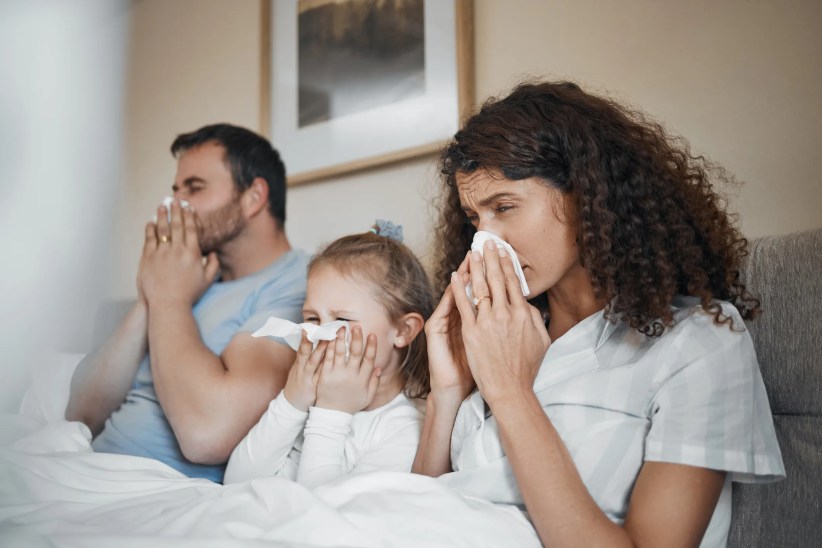Zika Virus has officially reached the United States. As of today the World Health Organization said it was “spreading explosively” causing widespread panic, especially among parents-to-be.
That’s because the virus is known to cause microcephaly, “a rare condition in which infants are born with abnormally small heads.” In some cases it can be fatal.
Zika has now spread to at least 24 countries. The Center for Disesase Control is recommending that pregnant women do not travel to the following countries: Bolivia, Brazil, Cape Verde, Colombia, Ecuador, El Salvador, French Guiana, Guadeloupe, Guatemala, Guyana, Haiti, Honduras, Martinique, Mexico, Panama, Paraguay, Saint Martin, Suriname, Samoa, Venezuela, and Puerto Rico.
If you are pregnant and have travelled to any of these areas it is important that you get screened right away.
We talked to Dr. Alicia C. Saunders, obstetrician at OBGYN Westside in Manhattan. She said, “We don’t want women to panic but we do want them to take the warnings seriously. Zika Virus is spread by mosquitos and can’t be ‘caught’ from another person who has the virus or who has been exposed to it.”
As for whether or not she believes the virus will spread, Dr. Saunders said, “As far as we know, it is not in the U.S. mosquito population yet, but we do expect it to show up in Florida and some other southern areas in the U.S. this spring/summer. So far, all U.S. cases are a result of people who have traveled to other countries and come back with the infection. If you think you have been exposed, you should talk to your provider. There is no treatment or vaccine and routine blood testing is not recommended unless someone has symptoms within two weeks of exposure.”
Here’s what you need to know, according to the CDC:
What is Zika Virus?
It is a virus that is spread by the Aedes aegypti mosquito. The mosquito is found in subtropical climates. Symptoms of Zika are relatively mild, except that recently the numbers of pregnant women with the virus have drastically increased. In 2015 in Brazil alone, there were, “3,500 cases of microcephaly with 46 infant deaths.” This is what caused officials to take notice.
Are you at risk?
You are if you live or have travelled to any of the above mentioned areas. If you believe you are infected seek treatment right away. Symptoms include: fever, rash, joint pain, and red eyes.
How can you protect yourself?
While there is no current cure for Zika Virus, the CDC says you can protect yourself by avoiding mosquito bites. They recommend the following:
- Use insect repellents
- Wear long sleeves and long pants when possible
- Use window screens to prevent mosquitos from entering your home
- Empty standing water from flower pots or buckets
What’s being done?
As of Tuesday, President Obama has called for the, “rapid development of tests, vaccines and treatments to fight the mosquito-transmitted Zika virus.” The White House said in a statement, “The president emphasized the need to accelerate research efforts to make available better diagnostic tests, to develop vaccines and therapeutics, and to ensure that all Americans have information about the Zika virus and steps they can take to better protect themselves from infection.”
RELATED: Find More Health and Wellness Resources Near You
Sign up for our newsletter to receive the latest updates on news in your area.























